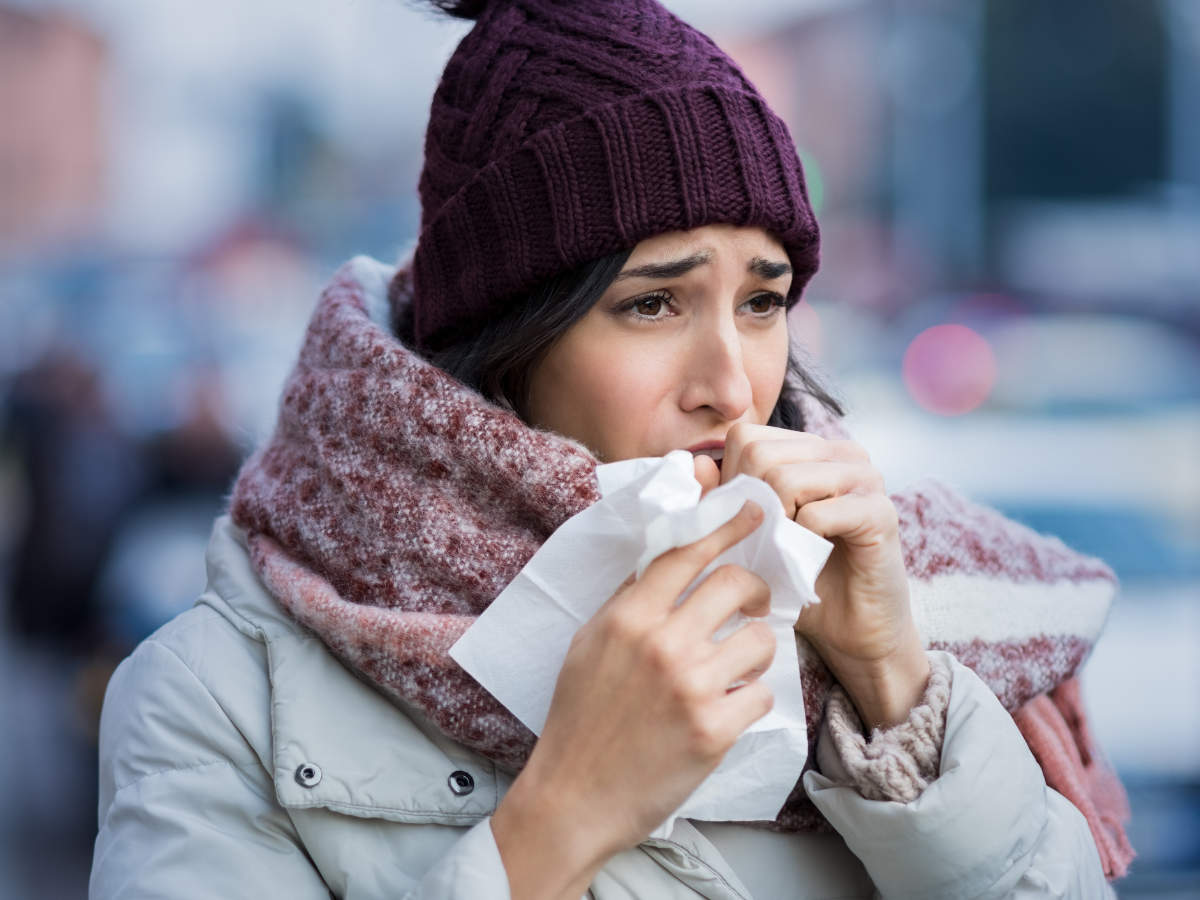General symptoms may be the first sign of serious illness or a chronic condition.
Ever feel a twinge in your back and think you have cancer? Most of the time, you’re likely just feeling a muscle ache from a bad mattress or the result of overdoing it on the tennis court. But other times, vague or generalized symptoms may be the first signs of a serious illness or condition that warrants further investigation. Here are five warning signs your body is trying to tell you something’s not right.
1/Dizziness

Dizziness may result from standing up too fast or being a little dehydrated. But vertigo — the sensation of the room spinning — or lightheadedness may also be a sign of a brain problem, something wrong with your gastrointestinal system or a condition that affects your vision or inner ear.
“Many medical conditions can lead to dizziness, or any simple condition like anxiety can also cause dizziness,” says Dr. Sharat Honnatti, a physician in Bangalore, India. “Low hemoglobin content, called anemia, also causes dizziness.”
A viral infection of the inner ear could cause temporary vertigo. “High blood pressure, low blood pressure and very low levels of pressure also cause dizziness, fatigue and generalized weakness,” Honnatti adds.
Dizziness could also result from high or low blood sugar, diabetes, thyroid disease or cardiovascular conditions. Consult a doctor if the dizziness persists or is accompanied by nausea or vomiting.
2/Sweating Too Much

Excessive sweating, or hyperhidrosis, may result from menopause, obesity, too much exercise, anxiety or stress, and even eating food that’s too spicy, the AARP says.
But heavy sweating may also indicate thyroid problems, diabetes or heart issues.
“Hyperhidrosis is excessive sweating,” says Dr. Adam Friedman, professor and interim chair of dermatology, at the George Washington University School of Medicine and Health Sciences.
“It is four to five times more what your body needs for controlling body temperature. … It could be hot, cold,” Friedman adds. “You could be stressed or anxious or just relaxing and watching TV, doesn’t matter: You will sweat excessively. Because the nerves that send the signals to sweat are on overdrive.”
He adds: “Now with secondary hyperhidrosis, this is typically associated with an underlying medical condition. It could be diabetes, hyperthyroidism, certain infections or even cancers, as well as certain medications like high blood pressure medicines or even antidepressants.”
3/You Feel Cold All the Time
Feeling cold may mean you need to turn up the thermostat. But a persistent feeling of chilliness could indicate a number of health problems, including hypothyroidism, anemia, poor blood circulation or low body fat, according to the Cleveland Clinic.
Hypothyroidism is when your thyroid gland produces too few hormones to regulate your metabolism and body temperature. “It’s part of thermoregulation, the process by which your body adjusts your temperature to stay in a normal range,” says Dr. Janet Morgan, an internal medicine specialist at Beachwood Family Health and Surgery Center in Ohio. “For instance, when you sleep, your body slows itself down to conserve energy, and your body cools.”
Low blood sugar, or hypoglycemia, may also be the culprit, says Dr. Eric Berg, a doctor of chiropractic in Alexandria, Virginia. “The way to fix it is not to consume six meals a day or eat sugar when your blood sugars are low.” Other causes include low iron or certain vitamin deficiencies, he adds.
4/You Lose Weight Unintentionally
Inexplicable weight loss is usually a sign of something more serious than simply skipping a meal or two.
It can be a symptom of stomach cancer, a thyroid problem, Crohn’s disease, a cardiovascular problem, Addison’s disease, Parkinson’s disease, AIDS, gastrointestinal problems, dental problems, depression or anxiety, side effects of prescription medications, celiac disease, diabetes, a parasitic infection, drug abuse, undiagnosed eating disorders, swelling of the pancreas, alcohol abuse, swallowing problems or dementia, according to the Cleveland Clinic.
To determine which it is, you and your doctor will check to see if you have other symptoms that indicate a specific disease or condition.
5/You Have Spots on Your Skin

Unusual moles or spots on your skin may or may not be a sign of skin cancer.
If moles or freckles are round, symmetrical or don’t change, you’re probably fine.
But if the spots are new, growing, asymmetrical or don’t have clear borders, they may be a sign of melanoma, a lethal type of skin cancer, according to the Skin Cancer Foundation.
“Skin cancer is the most common cancer worldwide. In the United States,” says Dr. Keira L. Barr, a dermatologist and chief wellness officer at Resilient Health Institute. “There are more new cases of skin cancer each year than all other cancers combined. By simply ‘partying’ in your birthday suit every single month and looking for any ‘uninvited guests,’ you have the ability to save your own life.”
Even noncancerous moles that are irregular may be a sign that you are at increased risk of skin cancer, the foundation says.
Know your skin, keep track of your moles and check regularly for any changes, the foundation advises.
Source: https://www.eatthis.com









